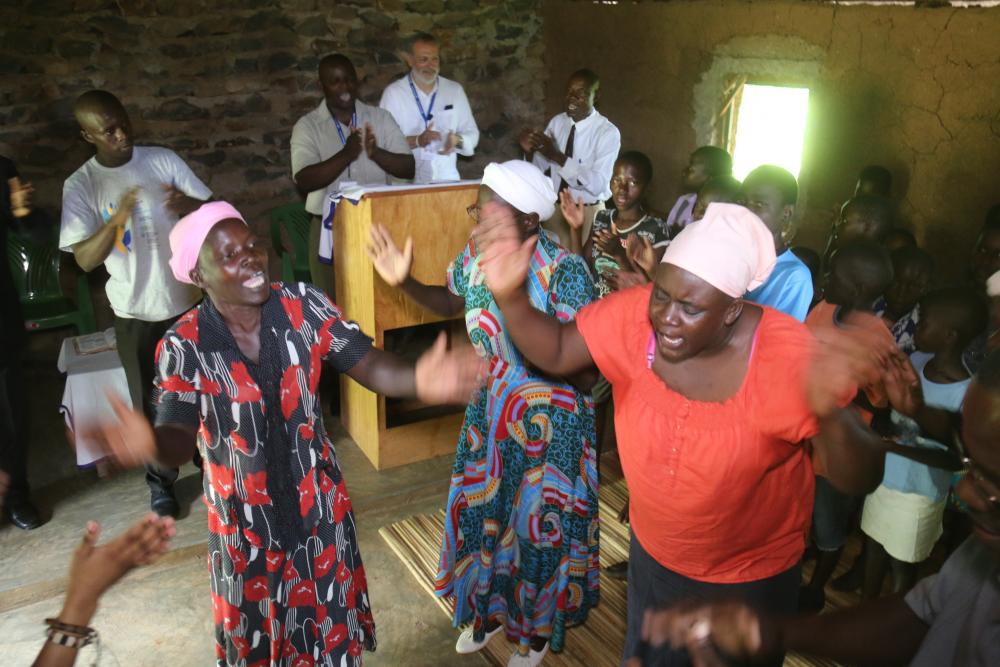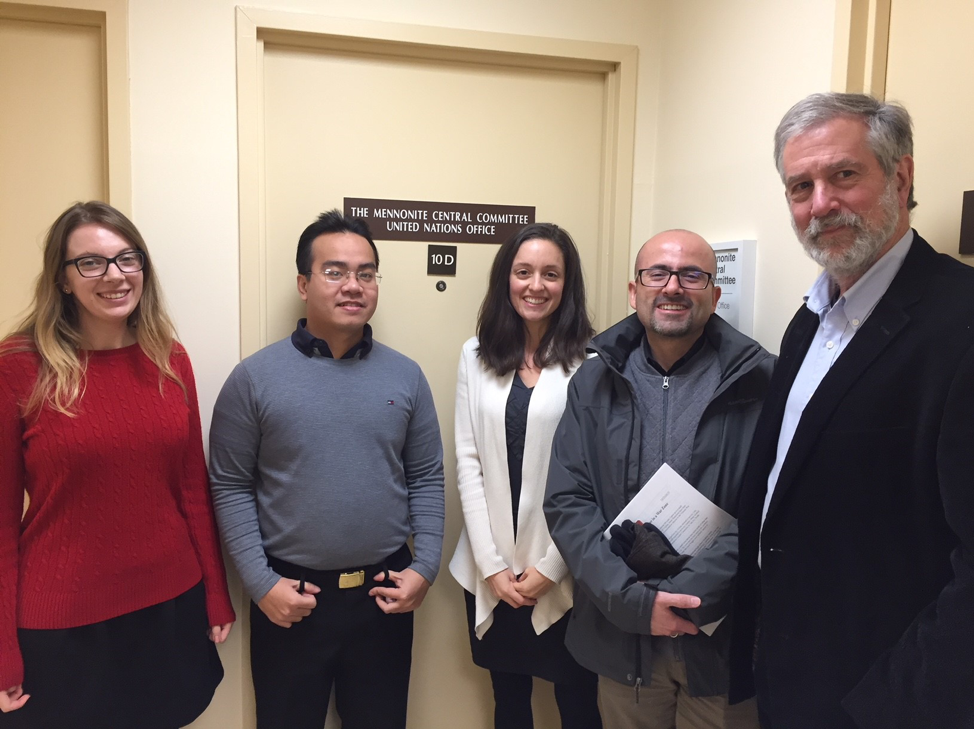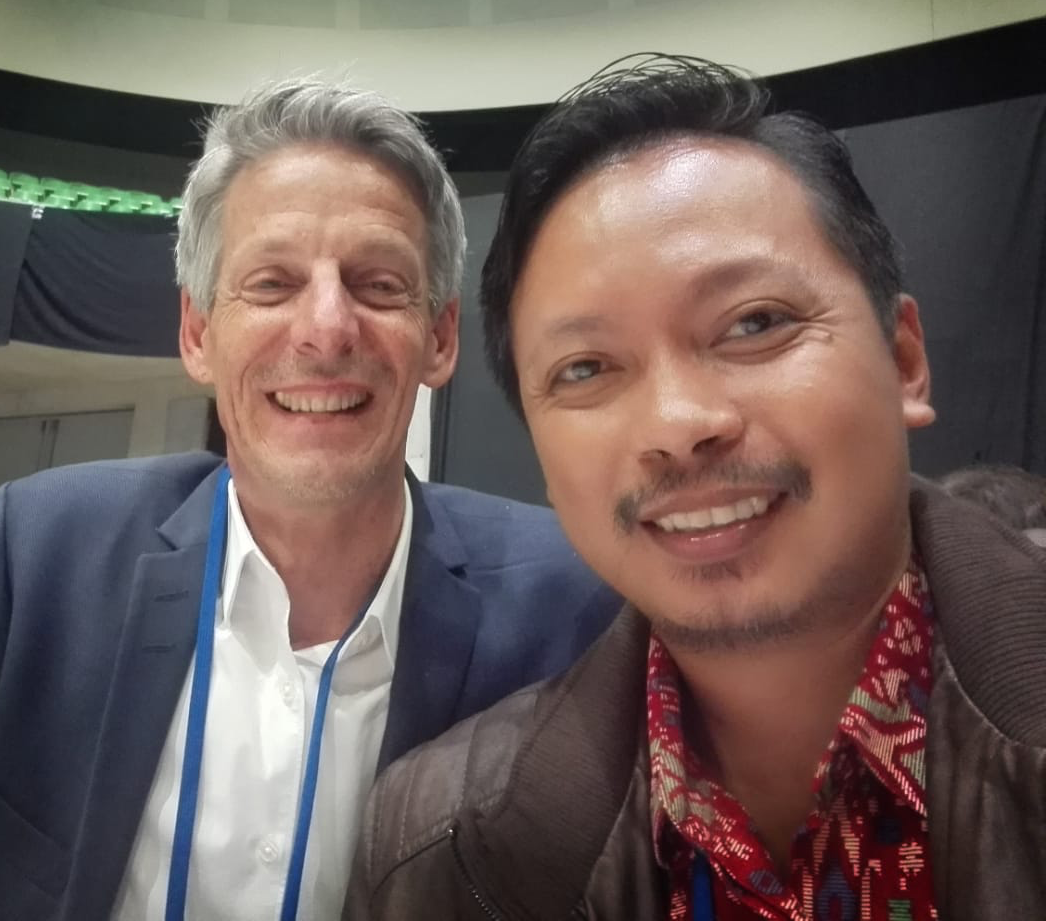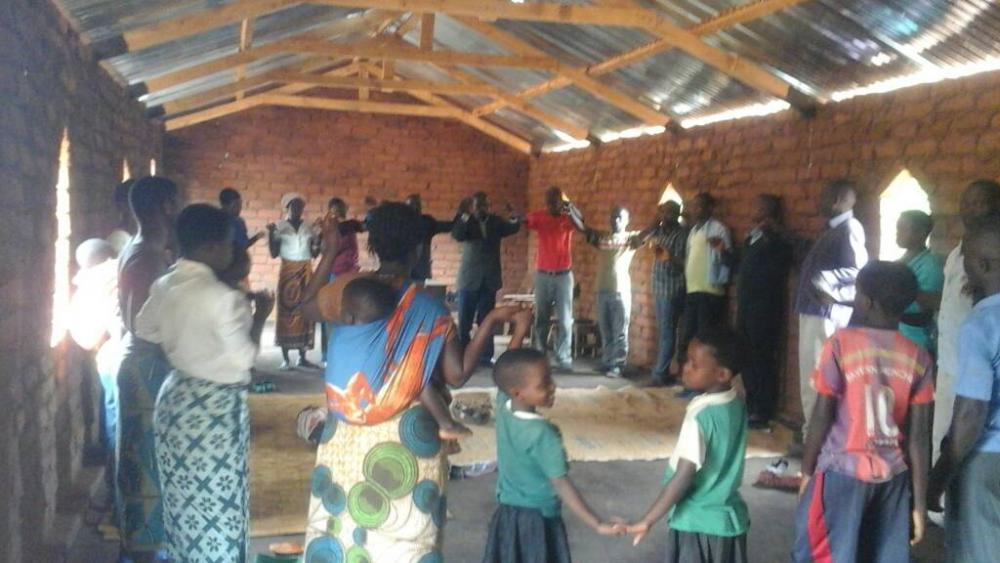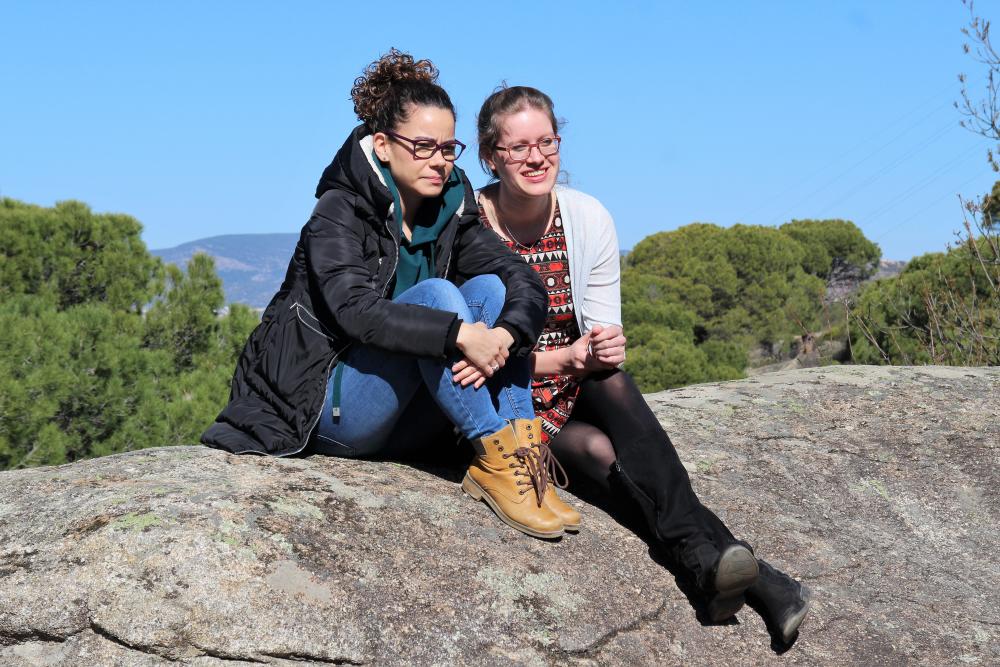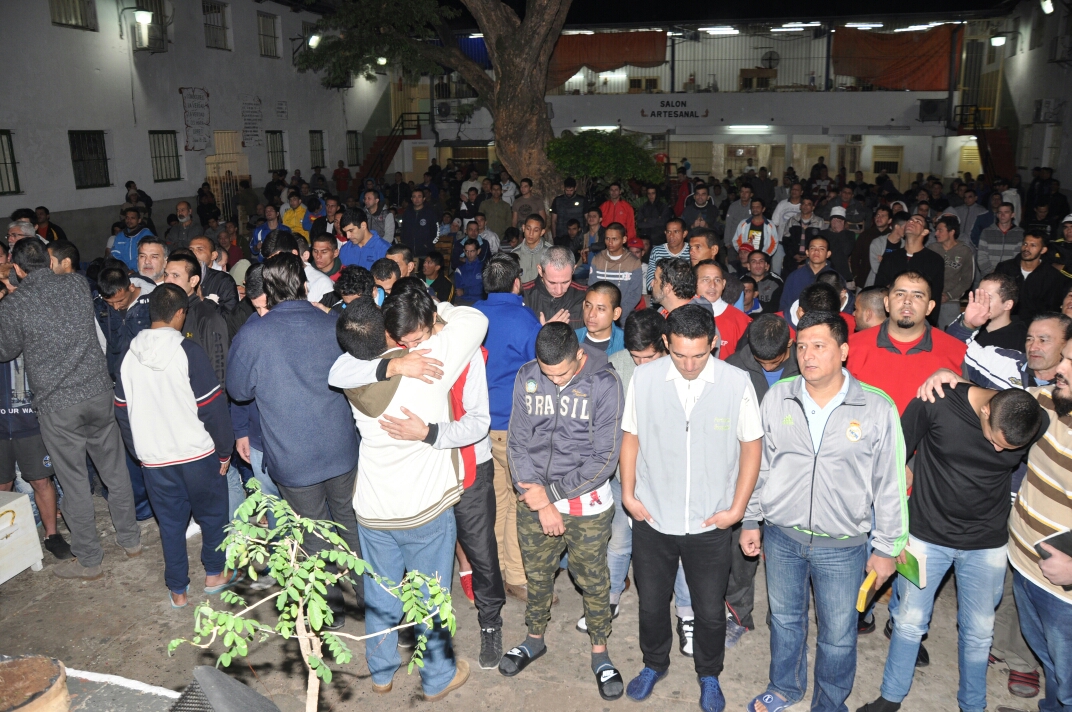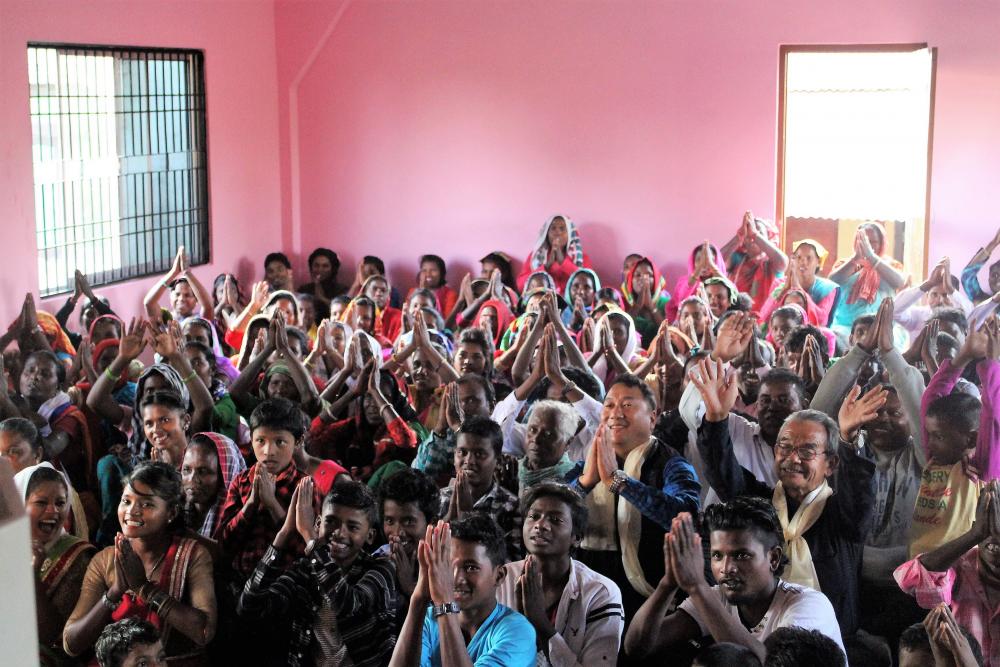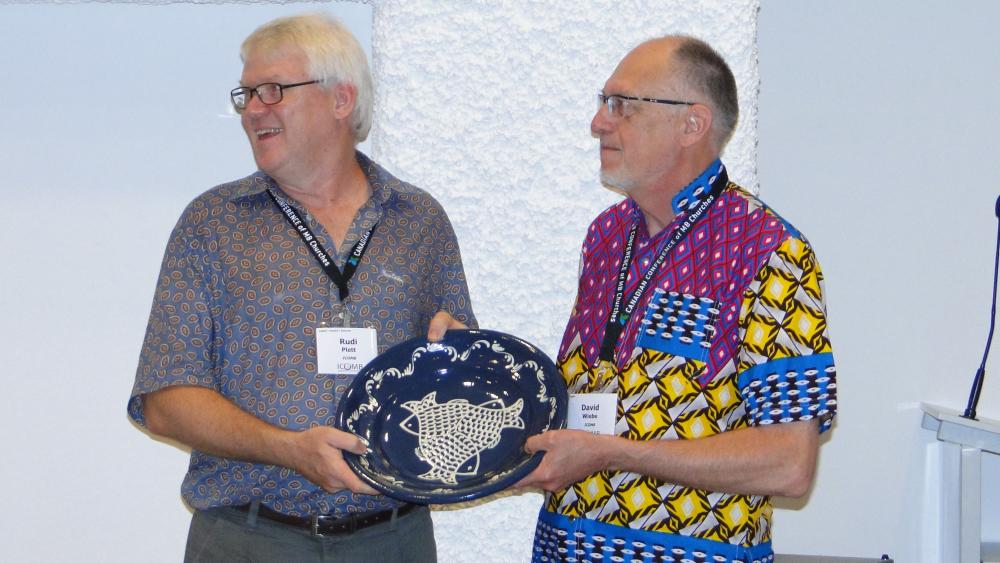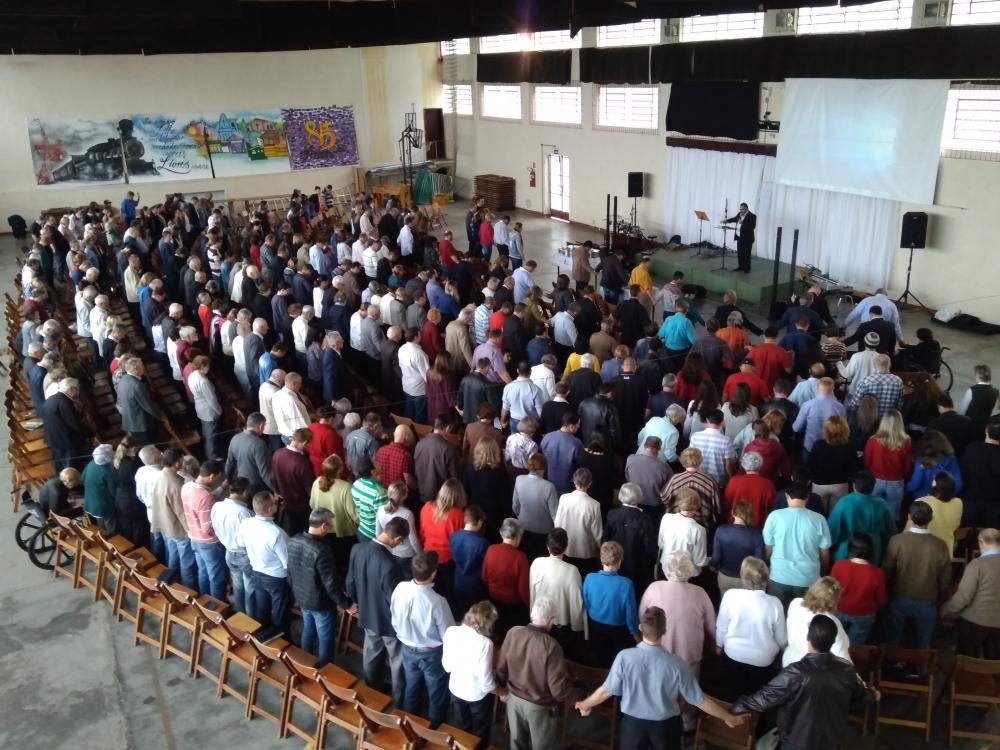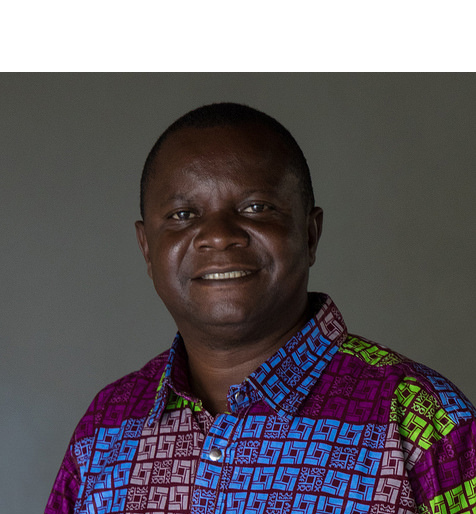-
South Korea recognizes rights of conscientious objectors
The Constitutional Court of Korea brought an end to 70 years of imprisoning conscientious objectors (COs) when it ruled 28 June 2018 that it is unconstitutional for South Korea not to offer alternative service options for COs. An alternative does exist, but it requires four to six weeks of military training, and participants who finish…
-
Migrant prophets teach care for those on the margins
Kenya, over the last several years, has been a flashpoint for Christian-Muslim conflict in East Africa, with the militant group al-Shabab’s lethal attacks in Nairobi, Garissa, and elsewhere. With each incident of terror the tension increases. But Kenyan Mennonites are finding hope in small incidents of transformation. A major part of the challenge is that…
-
Young people key to resilient church
A greeting from the Vietnam Mennonite Church to the world. Throughout its history, the people of the Vietnam Mennonite Church (VMC) have never failed to demonstrate their resilience and their commitment to live out the peaceful way of Christ. First established in 1964 in Saigon (now Ho Chi Minh City), VMC went through many periods…
-
Transmission of love and peace at European Mennonite gathering
“We can’t keep our story. We must share.” That’s the message Danang Kristiawan brought home after attending MERK, the European Mennonite Conference (EMC, CME 2018) 10–13 May, 2018. The gathering of European Mennonites that occurs every six years was bigger than ever with a total of 2 300 people attending some part of the program.…
-
Welcoming my enemy
I come from a people called the Banyamulenge. We are cattle herders and live in the high mountains of Eastern Congo overlooking Lake Tanganyika. Over the years, my people have been forced from one area to another in search of green pastures for our livestock. When the Belgians ruled this part of Africa, we lived…
-
10 principles of leadership transition
The Bible tells stories of leadership transition: Moses walked with Joshua and prepared him to lead the Israelites; stories in the books of Kings tell of less wise approaches to the end of ministry. Healthy leadership transition is as necessary today as ever. There are several necessary elements: the call of God and a willingness…
-
The Holy Spirit transforms prison
“My members are rapists, kidnappers, murders and fraudsters – all washed by the blood of Jesus our Lord,” says pastor Ignacio Chamorro Ramírez. Chamorro is director of an integrated transformation program and pastor of La Libertad (“freedom”) church in Paraguay’s overcrowded Tacumbú national penitentiary – but he was once a prisoner like the men he…
-
Ministry partner update: IBICA – July 2018
The International Brethren in Christ Association (IBICA) is the common network for all national conferences of the Brethren in Christ church with the aim to facilitate communication, build trust and cooperation within our global community, and to establish common and mutual understanding through our set of core values. An associate member of MWC, IBICA has…
-
Ministry partner update: ICOMB – July 2018
The International Community of Mennonite Brethren (ICOMB) is made up of 21 national churches in 19 countries with approximately 450,000 members. ICOMB exists to facilitate relationships and ministries to enhance the witness and discipleship of its member national churches – connecting, strengthening and expanding. Summit, 3–5 June 2018 The leadership baton passed from David Wiebe…
-
A divine calling
The Canadian Prairies can seem like a hard place to live. It gets very cold in wintertime. The growing season is short, and the crop options are limited. For Prairie dwellers in Canada, it’s possible to think the shift in weather patterns – year after year, winters are milder than we remember – as a…
-
Ministry partner update: ICOMB – November 2017
The International Community of Mennonite Brethren (ICOMB) is made up of 21 national churches in 19 countries with approximately 450,000 members. ICOMB exists to facilitate relationships and ministries to enhance the witness and discipleship of its member national churches – connecting, strengthening and expanding. Expansion and reconciliation Convenção Brasileira das Igrejas Evangélicas Irmãos Menonitas (COBIM…
-
Ministry partner update: ICOMB – January 2018
The International Community of Mennonite Brethren (ICOMB) is made up of 21 national churches in 19 countries with approximately 450,000 members. ICOMB exists to facilitate relationships and ministries to enhance the witness and discipleship of its member national churches – connecting, strengthening and expanding. Angola: “COMEX” meeting: 7–8 December 2017 God was moving in our…

